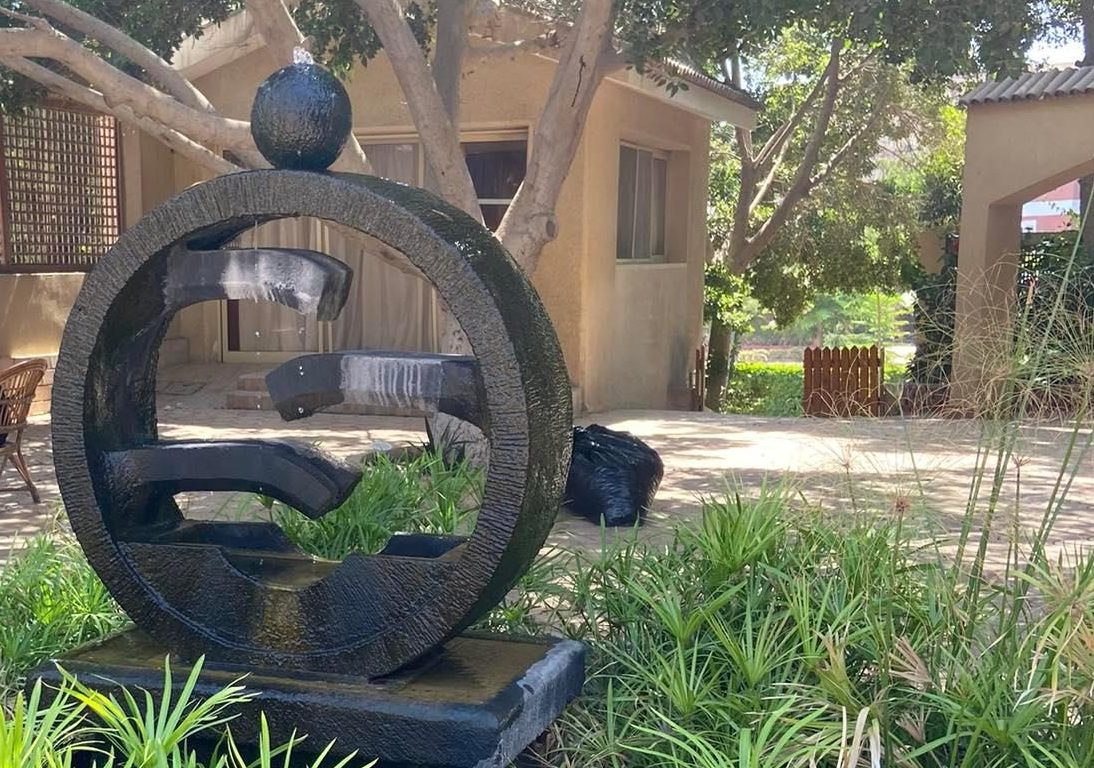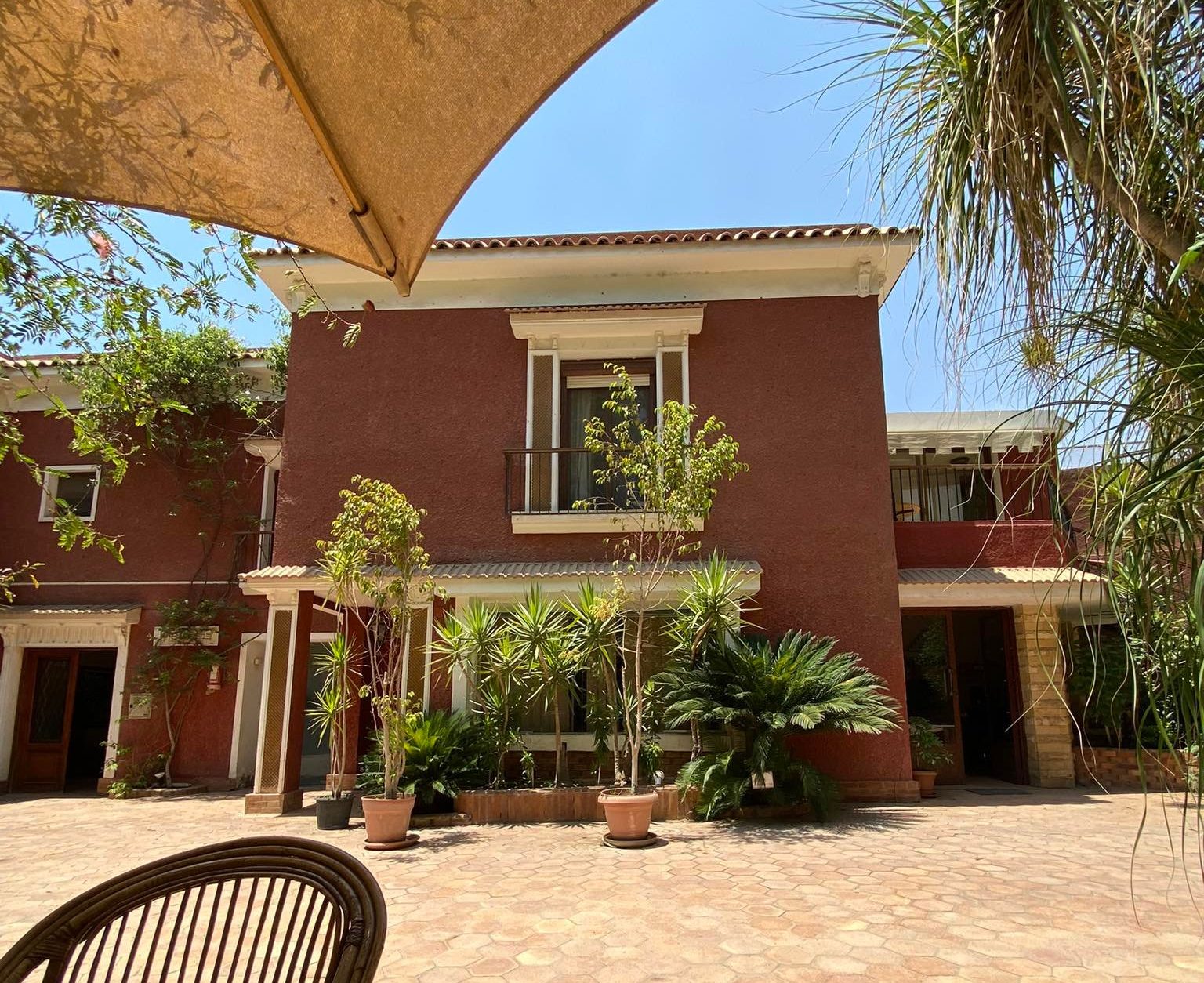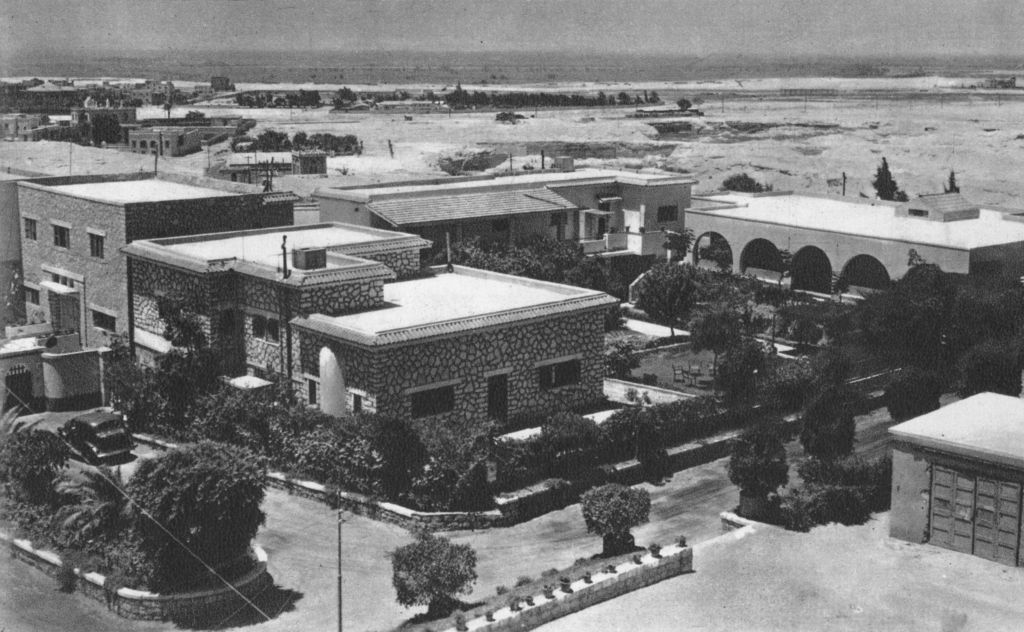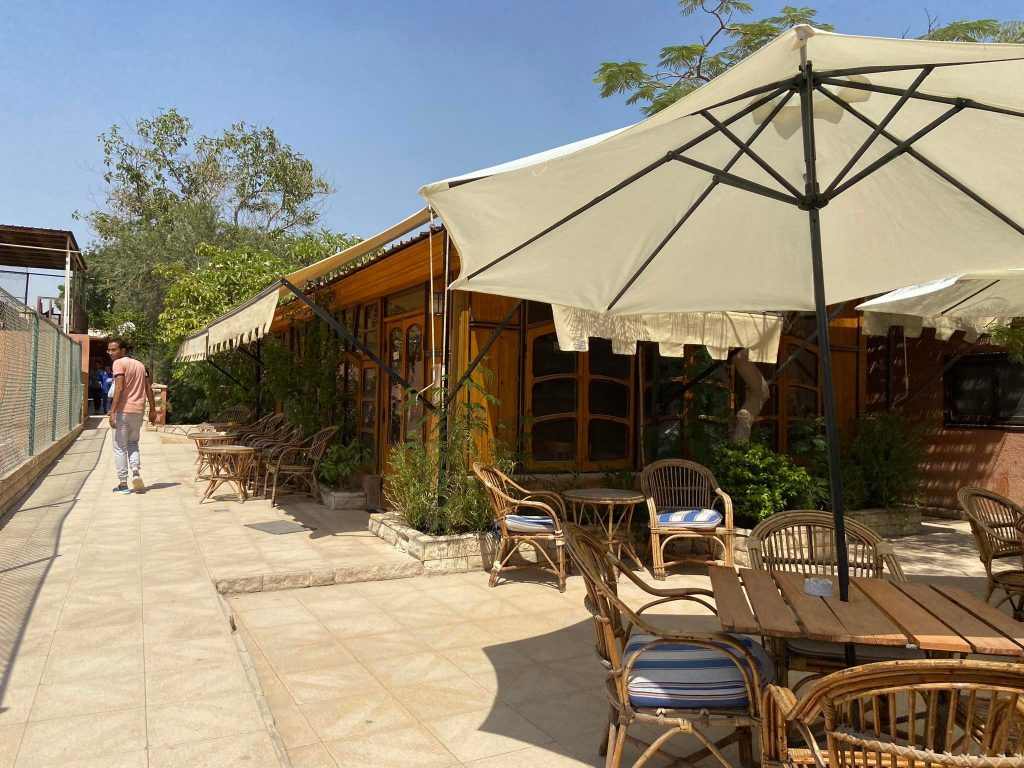
A nation-wide survey conducted by Egypt’s Ministry of Health in 2018 revealed that 25 percent of the Egyptian population suffers from mental health issues such as bipolar disorder, schizophrenia, anxiety disorder, depression and more.
Unfortunately, many of the common responses to mental disorders expose the deeply-rooted stigma that is rife in Egypt. Often these illnesses and disorders are blamed on the person suffering from them, at times even attributed to a lack of faith. These beliefs – which discount the social, genetic, and chemical foundations of mental illness – are often founded in archaic belief systems that link disability, distress, and disorders to witchcraft and even as far as demonic possession.
Decades of negative portrayals of mental and psychological illnesses in Egyptian media have only served to exacerbate the stigma. As recently as 2014, the hit film El Feel El Azraq (The Blue Elephant) a character’s mental disturbance was believed to have been caused by a demonic interference.
Society’s hostile disposition and lack of recognition of the dangers of mental illnesses prevents many Egyptians from seeking help, and as a result keeps them ignorant of the availability of psychiatric hospitals.
Out of the 14 psychiatric hospitals in Egypt, most of which are unrecognizable to most, the Behman Psychiatric Hospital is one of the oldest.
The Behman Psychiatric Hospital

Walking through the spacious and extensive outdoor medical institution, one can feel the striking heat and humid air resting on their skin, while the only sounds heard are the soft noises of trickling water from the fountains and the chirps and chitters of birds.
The houses on the pathways are covered in brick-like maroon with long-branches of trees and shrubs enclosing them. Strolling down the trails of cafes and libraries, patients sit around socializing and strolling up the hills, enjoying the serene tone of atmosphere. Circling around the institution, there is a variety of amenities provided on every leading pathway that encourages socialization and detoxification.
Despite being one of the oldest and leading psychiatric facilities in Egypt, the Behman Psychiatric hospital is only known by those working in the field.
Initially a house on the hills in Helwan, the institution was established in 1940 by the Egyptian psychiatric doctor Benjamin Behman, who later transformed it into a 12-room hospital. Since its formation, it has expanded to its current status of 250 beds with a number of facilities and amenities, to ensure a safe and healthy environment for its patients.

There are four treatment units at the hospital: general adult psychiatry, the addiction unit – specific for substance abuse patients – and the geriatrics unit, specifically for individuals older than 65, with diseases such as dementia.
The last of Behman’s treatment units is dedicated to rehabilitation, and is also known as the learning disabilities unit. This caters to those who suffer from disorders or disabilities that inhibit their social and academic capacities.
Despite its extensive offerings Behman tries not to remain exclusive.
Naving financial and social issues
Composed of a series of houses and dwellings embraced by a mass of tall trees and gardens with scenic trails leading up to them, the hospital offers different types of accommodations for patients of varying means: villas and chalets, hotel-like rooms, and apartments.
Patients without the financial means to pay for their treatment and accommodation are often discharged early, and in some unfortunate cases, families are unwilling to take them back.
“As a hospital, we cannot leave them out in the streets, and so they stay here with their accommodation, with all their needs met,” explains Sara Mallawany, Head of the Psychology Department.
In cases where their patients do not have the financial facilities to be admitted, the hospital works to provide short treatment plans that can benefit the patients, or refer them to a governmental institution, like Al-Abbasiya mental hospital – as it is one of the few free mental hospitals in Egypt.
Mallawany explains the hospital’s philosophy, arguing that part of amending the negative outlook on mental illnesses is to care for the patients whose families have abandoned them, who see it as a “source of shame that other people know they have someone with a mental illness”.
Considering the severe and acute psychological cases Behman deals with, like schizophrenia, bipolar disorder, drug-induced psychosis and suicidal idividuals, the hospital finds it unreasonable to turn patients away, especially when they can be a harm to themselves or to others.
A walk through Behman’s outdoor scenery

Right beside a duck pond, on the pathway for relaxing walks, is a massive sports complex with outdoor tennis and squash courts to encourage additional stimulation and exercise. Across from the main facility is also a fully-equipped gym that patients are free to use at their convenience.
“For any type of mental health issue, people lack motivation to engage in activities or to socialize or resume their lives normally,” explains Mallawany, adding that these facilities are vital for the rehabilitation of patients, especially to “find their purpose in life again, and to find pleasure in doing things and interacting with different people.”
Exercise is hardly the only leisure activity offered at Behman; patients are encouraged to partake in a variety of classes that enhance skill sets such as art and music, while the library offers them the chance to indulge in a variety of books. In addition to this, a live music performance is conducted weekly as a form of entertainment.
Behman believes that these therapeutic activities are crucial for the self-esteem of their patients. This is especially true when they are creating artworks. “They produce something that improves their self-esteem and helps their self-confidence, which is severely impacted by mental illnesses,” says Mallawany.
9 to 6: patients’ routines
Patients have access to amenities on a daily basis, with a pre-set schedule for everyday activities that start around 9 AM until 6 PM. After that, their day is free. They can spend the time roaming around, socializing, or in their rooms.
Reyad Anis, deputy medical director, also adds that patients usually have social workers at their side, reading them newspapers and updating them on events.
Anis states that “this is especially important for chronic cases, as many patients are admitted for a really long time, so it is crucial that they are constantly updated and aware of what is happening outside or even the date of the month, as to ensure that they are not detached from the world”.
While some patients are allowed phones and laptops, it is not a general rule and is decided case by case, if it is judged that the devices will not interfere with the patients’ treatment.
Treatment methods and educating medical professionals
To address the lack of mental health awareness and education in Egypt, Behman hosts Journal Club sessions every week to inform experts in the field about the latest research in mental health and details about clinical practice presented by leading practitioners and specialists.
A few years back, one of Behman’s psychotherapists, Joana Gray, introduced a new method of therapy, Equine therapy, which uses horses to help patients deal with psychological and emotional issues.
In fact, Gray initiated an Equine therapy department at the hospital, found lower on the hills, where Behman has a stable full of rescued horses now used for therapy. The method of therapy is mainly used with cases of post traumatic stress disorder (PTSD) and substance abuse.

“Working alongside horses gives us an excellent opportunity to recognize what healthy relationships look like, without this sense of entitlement, to reduce our need for high expectation and control, becoming more flexible. A client is given the opportunity to be more responsible for self, thus developing more independence, awareness and self-identity,” Gray had formerly stated to Egyptian Streets.
There is no riding involved with this therapy and it does not require patients to have any past experience with horses. Having said that, there are several concepts and therapeutic modalities used in equine psychotherapy assisted learning, where some practitioners use more horsemanship/riding during their session.
Anis and Mallawany stress that Behman highly prioritizes ethical practice, a value they believe is not shared by all institutions and professionals in the field.
Some practitioners in Egypt have been reported to be misprescribing their patients or avoiding prescribing necessary psychotropic medications, particularly to schizophrenic people. In 2018, Egypt’s health ministry ordered the suspension of the director of Abbasiya Mental Health Hospital for “taking inappropriate pictures of patients” inside the hospital.
Behman’s remarks to mental health stigma in Egypt
Egypt’s widespread stigma around mental health is exceptionally harsh in relation to schizophrenia. A study conducted by Frontiers in Psychiatry, the third most cited psychiatric journal, in 2014 on mental health stigma in Egypt reported that 73 percent of people working in the media said they would be afraid to speak to someone diagnosed with schizophrenia and 66 percent of medical students refused to work with a person with a mental disorder.
The harmful perception society holds of mental disorders is profoundly influenced by the mockery presented in the film industry, ridiculing those suffering from mental illnesses.
In the comedy film Ismail Yaseen fi Mostashfa el Maganeen (Ismail Yaseen in the Madhouse, 1958), which exhibits an exaggerated portrayal of mentally-ill patients, dressed in outlandish costumes, acting in a nonsensical and irregular manner.
Education and awareness are thus necessary to mitigating the stigma around mental disorders and disabilities—particularly given how common they are. Educational interventions counter inaccurate stereotypes and contradicting negative attitudes by replacing them with factual information.
“Admitting that someone has a psychological issue is not disgraceful or scandalous and that one out of three or four people has a mental illness, which is almost 20 to 30 percent of the Egyptian population,” Anis tells Egyptian Streets.
The societal stigma around mental illnesses or admitting having any emotional vulnerability or hardships tends to make Egyptians less inclined to seek help for mental health conditions.
“It is shocking to find so much shame [mental illness, seeing how normal it is for physical and biological issues like kidney failure,” says Anis.
“How come no one is embarrassed or ashamed of that?”
Subscribe to the Egyptian Streets’ weekly newsletter! Catch up on the latest news, arts & culture headlines, exclusive features and more stories that matter, delivered straight to your inbox by clicking here.







Comments (4)
[…] window.speakol_pid = 29 (adsbygoogle = window.adsbygoogle || []).push({}); Behman: a Leading Psychiatric Hospital in a Society of Shame and Disgrace […]
[…] بهمان: مستشفى نفسي رائد في مجتمع العار والعار […]